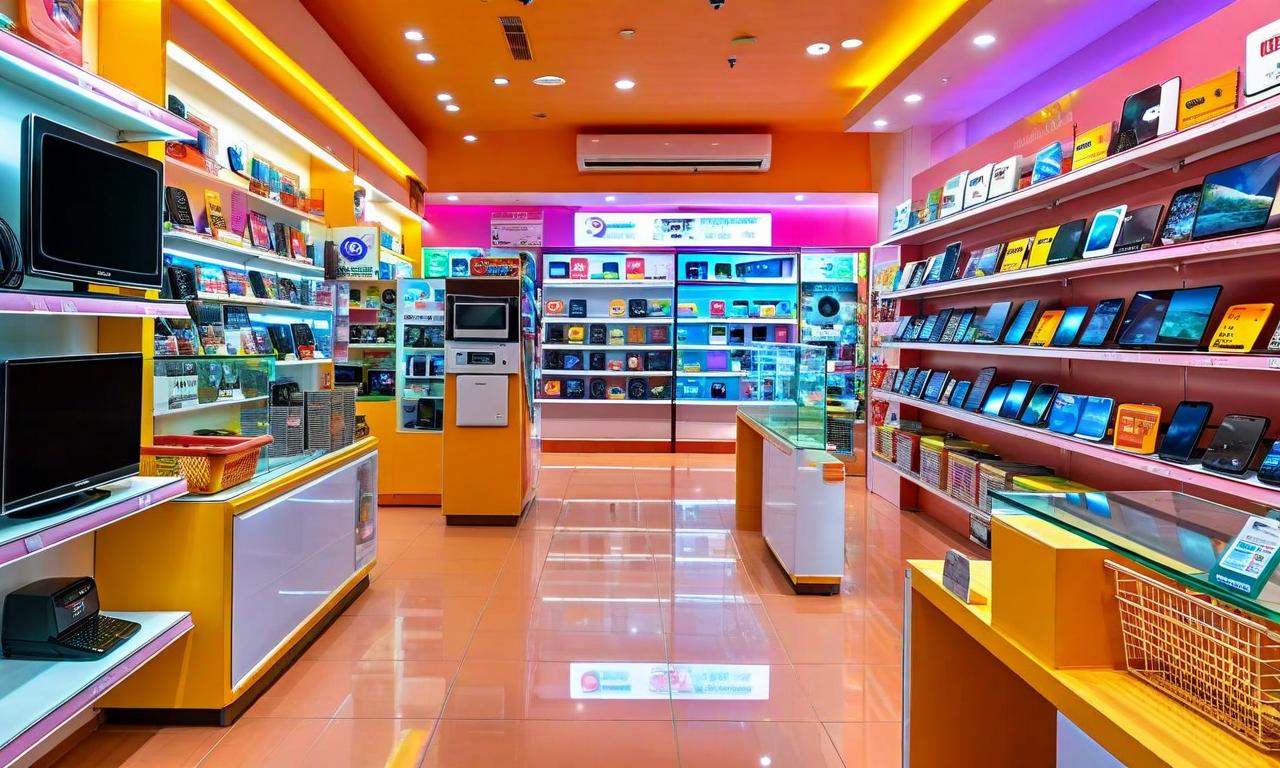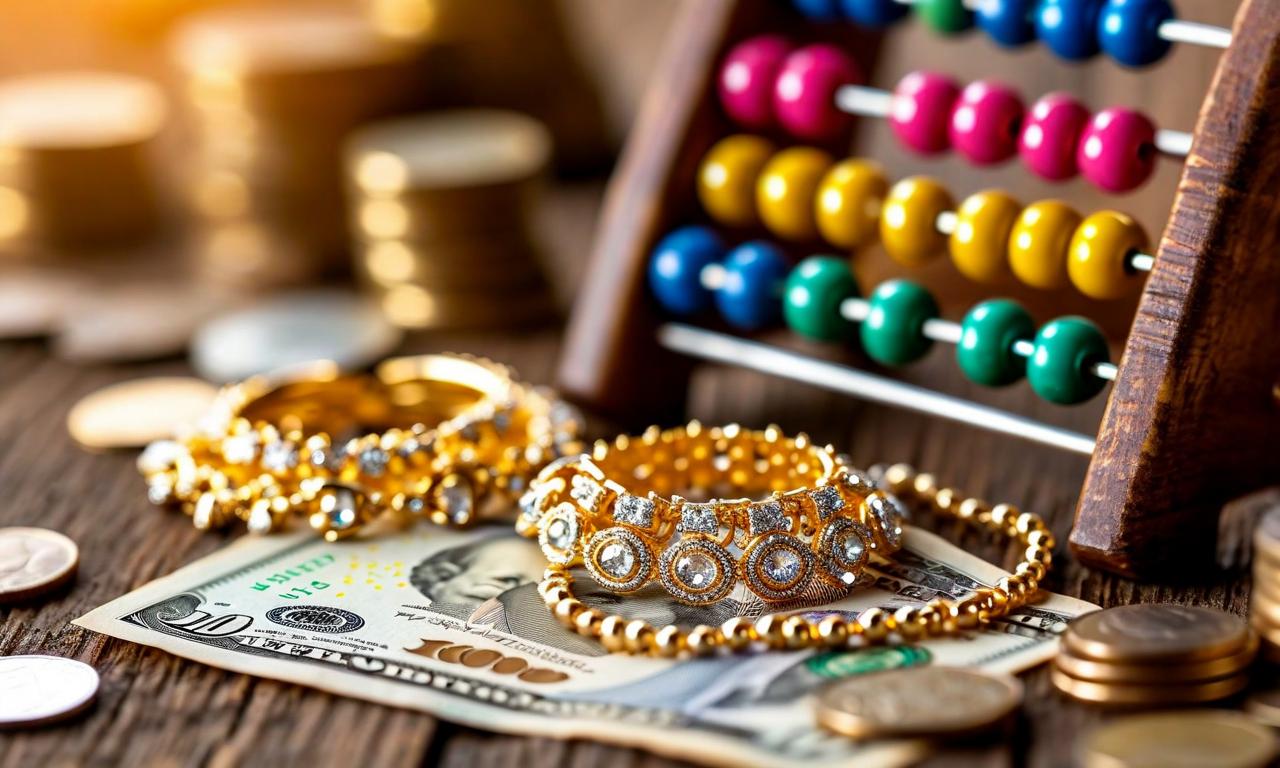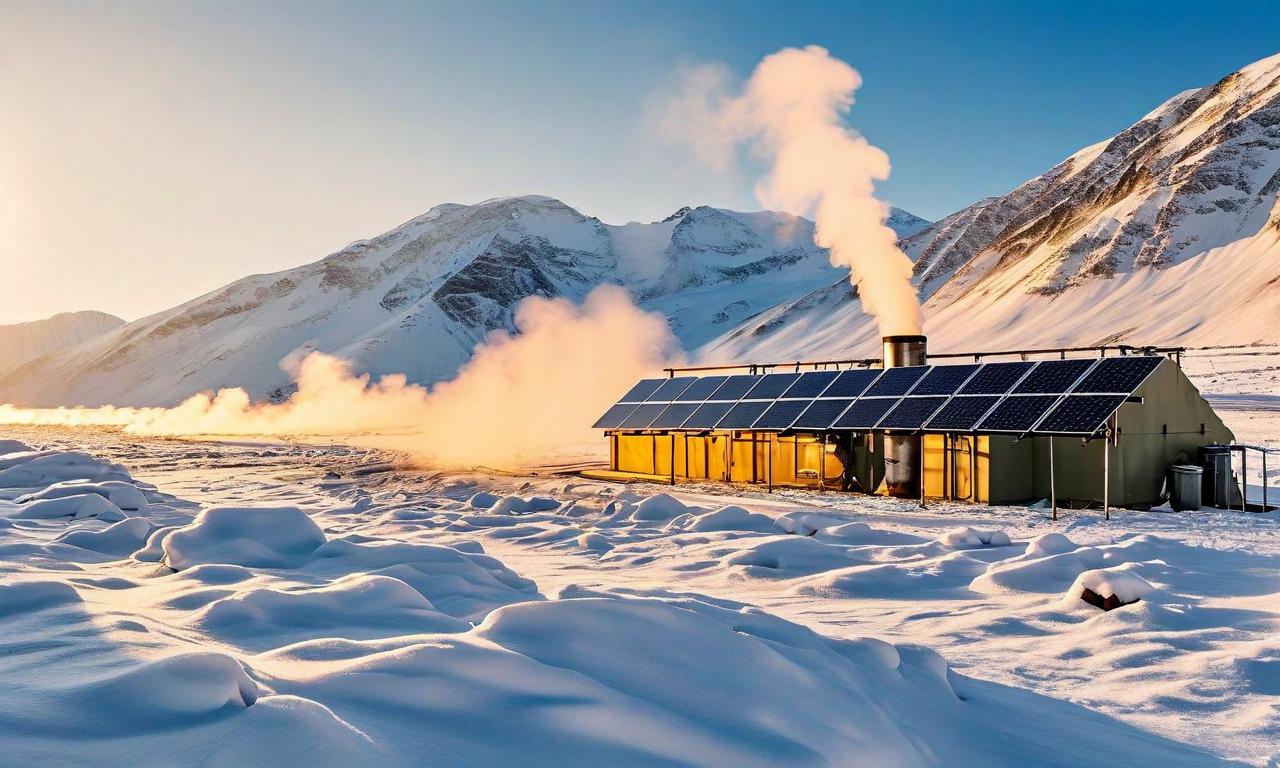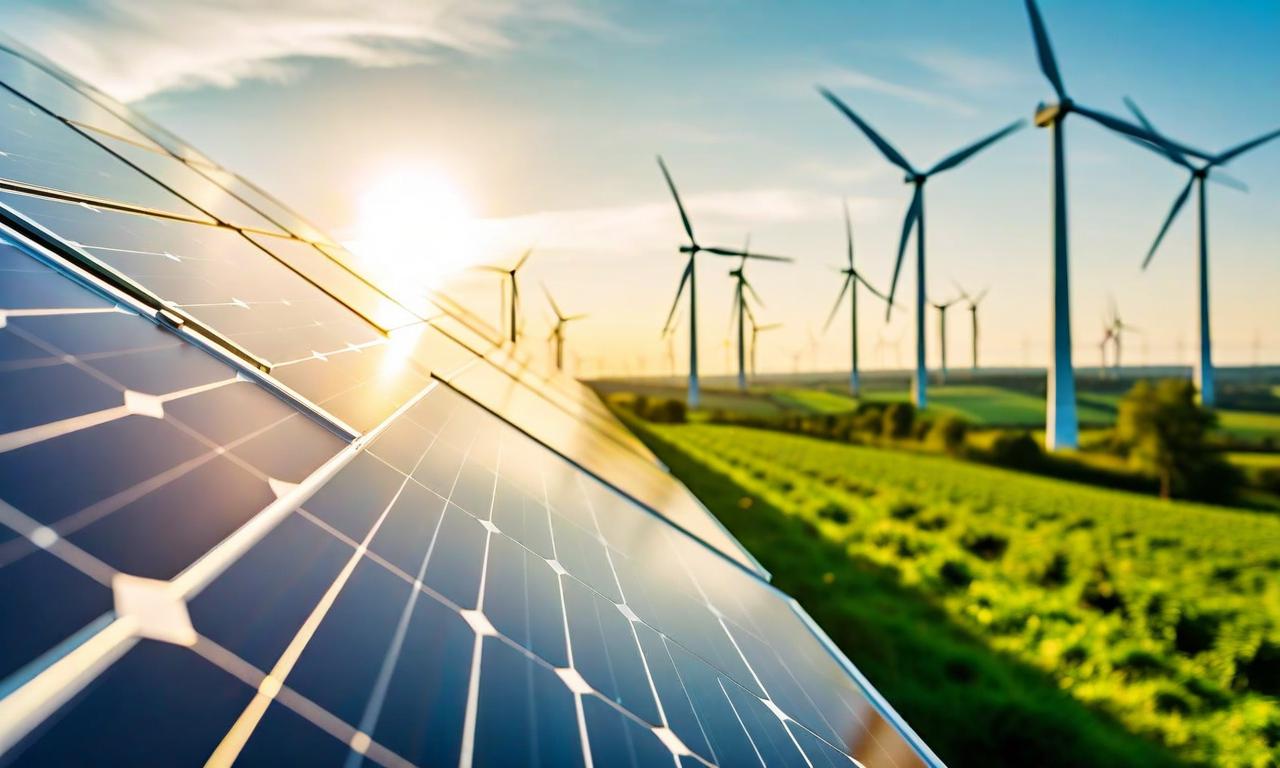India Maintains 40% Tax Rate on Carbonated Beverages, Impacting Industry and Consumers
India has decided to keep the 40% tax rate on carbonated beverages unchanged. This decision continues to impact the beverage industry, potentially affecting profit margins and pricing strategies. For consumers, it means carbonated drinks remain relatively expensive, possibly influencing consumption patterns. The policy aligns with the government's health initiatives and revenue generation goals, while providing a stable regulatory environment for businesses in the sector.
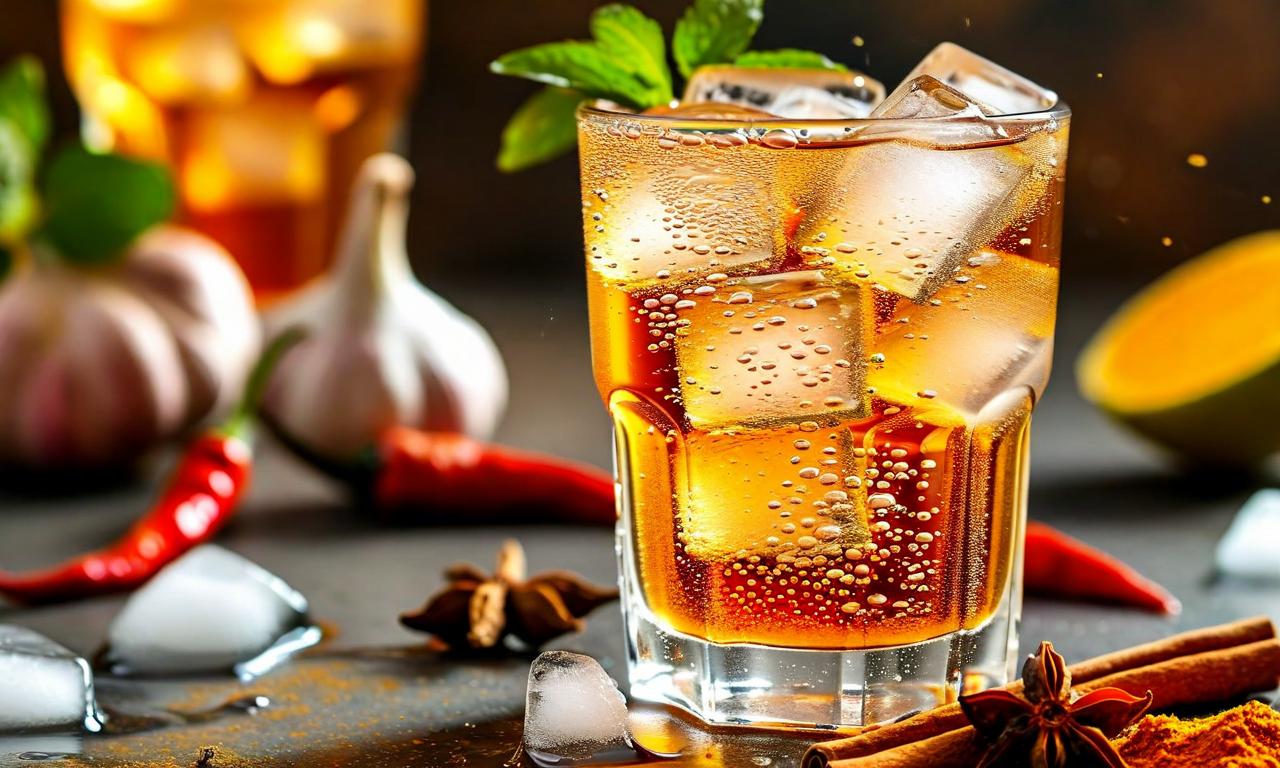
*this image is generated using AI for illustrative purposes only.
India has decided to maintain its current tax rate of 40% on carbonated beverages, a move that continues to have significant implications for both the beverage industry and consumers across the country.
Tax Policy Remains Unchanged
The Indian government's decision to keep the tax rate steady at 40% for carbonated drinks underscores its consistent approach to these beverages. This tax rate, which has been in place for some time, is part of the country's broader fiscal and health policies.
Impact on the Beverage Industry
The continuation of the 40% tax rate presents ongoing challenges for the carbonated beverages industry in India:
- Cost Pressures: Manufacturers of carbonated drinks will continue to face high tax-related costs, which may impact their profit margins.
- Pricing Strategies: Companies might need to maintain higher prices for their products to offset the tax burden, potentially affecting their competitiveness in the broader beverage market.
- Innovation and Diversification: The sustained high tax rate could encourage beverage companies to further innovate and diversify their product lines, possibly focusing on lower-taxed alternatives.
Consumer Implications
For Indian consumers, the maintained tax rate means:
- Pricing: Carbonated beverages are likely to remain relatively expensive compared to other drink options.
- Consumption Patterns: The high tax might continue to influence consumer choices, potentially leading to reduced consumption of carbonated drinks.
- Health Considerations: The government's stance could be seen as a continued effort to discourage the consumption of sugary carbonated beverages, aligning with public health objectives.
Market Dynamics
The decision to maintain the current tax rate suggests:
- Policy Consistency: A stable regulatory environment for businesses operating in this sector.
- Revenue Generation: The government continues to view the carbonated beverage industry as a significant source of tax revenue.
- Health Policy Alignment: The high tax rate aligns with broader health initiatives aimed at reducing the consumption of sugary drinks.
As the carbonated beverages industry adapts to this sustained tax environment, it will be crucial to monitor how companies innovate, how consumer preferences evolve, and whether this policy continues to meet its fiscal and health-related objectives in the long term.
